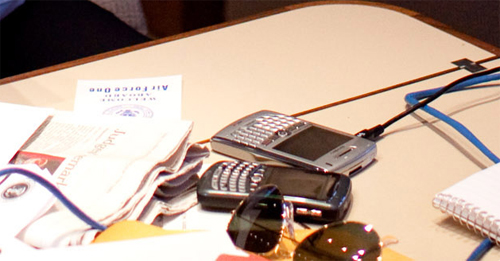There are many hotels located within the Old Town walls to choose from, but if you want a true taste of KGB history during your visit, consider the Sokos Hotel Viru just outside Old Town. Opened in 1972, it's the largest hotel in Estonia with over 500 rooms, and during Soviet occupation, the KGB had an office on the top floor (the 23rd floor, which did not have a button on the elevator).
They always denied their presence, but they bugged the guests, literally.
The KGB tapped 60 rooms, installed mics in the plates in the dining room, instructed elevator attendants to keep track of guests’ comings and goings, and drilled holes through hotel room walls to take photographs and keep a watch on suspected guests, which included visiting journalists and Finnish visitors who would hold meet and greets with their families in the lobby (the visiting Fins weren’t allowed to visit their family in their homes under Soviet Law). Even if you don’t stay the night, be sure to pop in for a drink and to check out the museum that allows you to tour the former KGB offices. (more)





















































